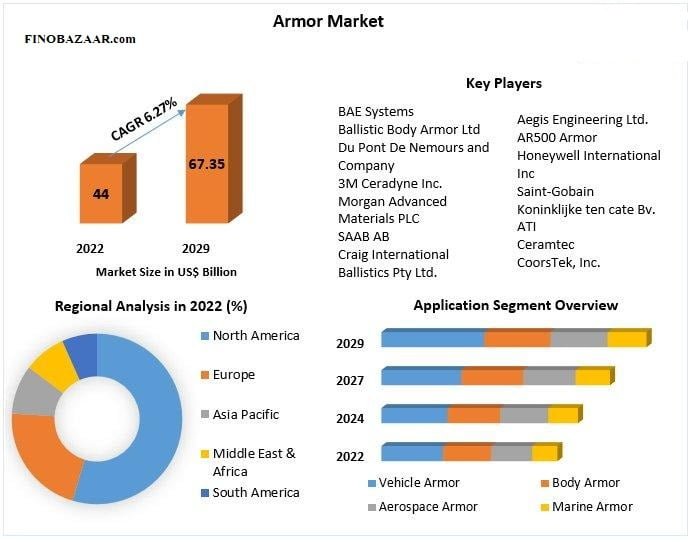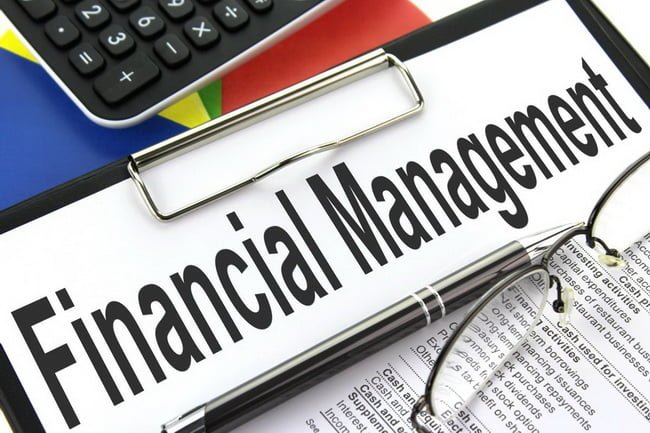Secured Loans
What Are They and How Do They Work?
When you need a loan, you have a couple of options available to you. One of those options is a secured loan. So, what exactly is a secured loan, and how does it work? Let’s take a closer look.
What is a Secured Loans?
A secured loan is a type of loan that is backed by collateral. Collateral is an asset that you own that has value, such as a car or a house. When you take out a secured loan, you pledge that asset as collateral for the loan. This means that if you fail to repay the loan, the lender can take possession of the asset in order to recover the amount owed.
Secured loans are typically offered at lower interest rates than unsecured loans, which are not backed by collateral. This is because the lender has less risk, as they have the option to take possession of the collateral if the borrower defaults on the loan.
How Do Secured Loans Work?
When you apply for a secured loan, the lender will evaluate your creditworthiness, income, and the value of the collateral you are offering. Based on this information, the lender will determine how much money they are willing to lend you and at what interest rate.
If you are approved for the loan, you will be required to sign a loan agreement that outlines the terms of the loan, including the repayment schedule and the consequences of defaulting on the loan.
Once the loan is disbursed, you will begin making payments according to the agreed-upon schedule. If you miss a payment, the lender may charge you late fees and report the delinquency to the credit bureaus, which can have a negative impact on your credit score.
If you are unable to repay the loan, the lender can take possession of the collateral and sell it in order to recover the amount owed. If the sale of the collateral does not cover the full amount of the loan, you may still be responsible for paying the remaining balance.
Types of Secured Loans
There are several types of secured loans available, including:
- Mortgage loans: A mortgage loan is a type of secured loan that is used to purchase a home. The home serves as collateral for the loan.
- Car loans: A car loan is a type of secured loan that is used to purchase a vehicle. The car serves as collateral for the loan.
- Home equity loans: A home equity loan is a type of secured loan that allows you to borrow against the equity in your home. The home serves as collateral for the loan.
- Secured credit cards: A secured credit card is a type of credit card that requires you to put down a deposit as collateral. The deposit serves as collateral for the credit card.
Advantages of Secured Loans
- Lower interest rates: As mentioned earlier, secured loans typically come with lower interest rates than unsecured loans because the lender has less risk. This can save you money over the life of the loan.
- Larger loan amounts: Because secured loans are backed by collateral, lenders are more willing to lend larger amounts of money than they would with an unsecured loan.
- Longer repayment terms: Secured loans often come with longer repayment terms than unsecured loans, which can make your monthly payments more manageable.
- Easier to qualify for: If you have poor credit or a limited credit history, you may find it easier to qualify for a secured loan than an unsecured loan.
Disadvantages of Secured Loans
- Risk of losing collateral: If you are unable to make your loan payments, the lender can take possession of the collateral and sell it to recover the amount owed. This can be a significant risk if the collateral is something that is important to you, such as your home or car.
- More paperwork: Because secured loans involve collateral, there is usually more paperwork involved in the application process than with unsecured loans.
- Longer application process: Because there is more paperwork involved, the application process for secured loans can take longer than for unsecured loans.
- Limited options for collateral: You can only use assets that you own outright as collateral for a secured loan. If you don’t have any assets that are valuable enough to use as collateral, you may not be able to qualify for a secured loan.
Conclusion
Secured loans can be a good option for borrowers who are looking for lower interest rates, larger loan amounts, and longer repayment terms. However, it’s important to understand the risks involved, including the possibility of losing your collateral if you are unable to make your loan payments. Before taking out a secured loan, it’s important to do your research, compare loan options, and make sure you can afford the monthly payments.













